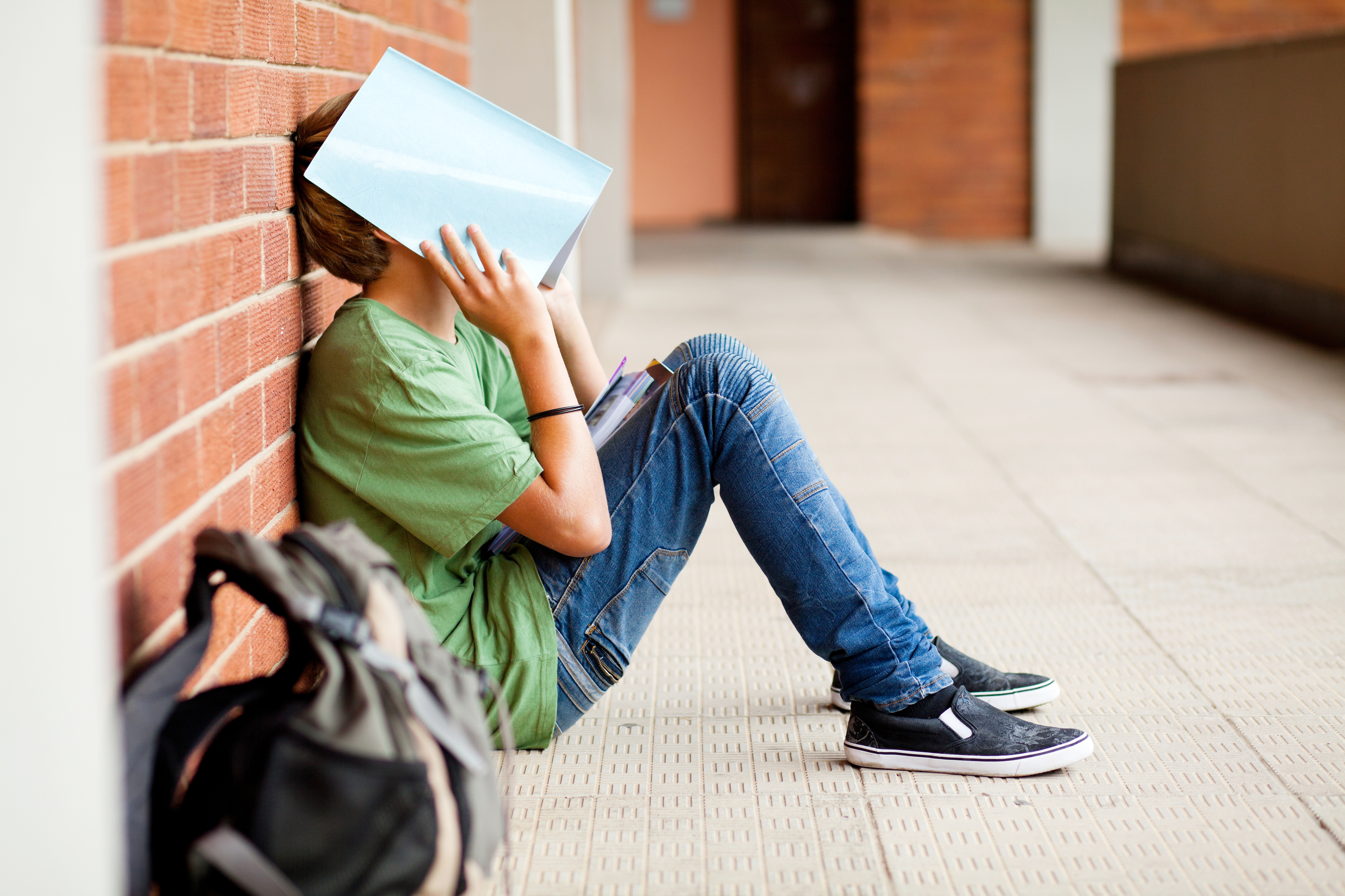Teen Sleeping [How Many Hours of Sleeps Do Teens Need]

With the constant availability of social media, tech devices, and busy school and extracurricular schedules, it comes as no surprise that teens aren’t getting enough sleep.
How much sleep should teenagers get?
The American Academy of Sleep Medicine recommends that teens sleep for 8 to 10 hours a night. But, most teens aren’t getting what they need. In fact, research shows that 66-92% of adolescents don’t get their recommended hours of sleep. This is often attributed to the fact that teenagers have a delayed circadian rhythm, meaning that they often struggle to fall asleep before 11 pm. It doesn’t help matters that students are asked to wake up during the earliest hours of the day. A 2014 study found that 93 percent of high schools start before 8:30 a.m., even though the American Academy of Pediatrics recommends school start at 8:30 a.m. or later. Further, after-school demands such as practice for an extracurricular activity, homework, and socializing leave little room for an early bedtime anyway. This misalignment of natural body rhythm and societal demand shows that many teens simply do not have enough time to get the 8-10 hours they need nightly.
Why is sleep important for teens?
- Improved overall health and wellness
- Better clarity and mental focus in school and life
Teens getting less sleep can have dire consequences. The AASM notes that “regularly sleeping fewer than the number of recommended hours is associated with attention, behavior, and learning problems. Insufficient sleep also increases the risk of accidents, injuries, hypertension, obesity, diabetes, and depression. Insufficient sleep in teenagers is associated with an increased risk of self-harm, suicidal thoughts, and suicide attempts.”
When sleep-deprived, some teens reach for caffeine. Energy drinks that are popular among this age group contain anywhere from 80mg to 500mg of caffeine. However, the American Academy of Pediatrics states that caffeine has no place in the diet of children and adolescents, and further, teens aged 12-18 should not consume more than 100mg (about one cup of coffee) per day. Pushing teens towards caffeine consumption should be avoided, and the best way to do that is to avoid sleep deprivation.
Why later school start times matter
Getting more sleep not only avoids dangerous consequences, but it can also provide wide-ranging positives for students.
During the 2016-2017 academic year, the Seattle School District delayed the secondary school start time from 7:50 a.m. to 8:45 a.m. and tracked student outcomes. Students in the study wore an Actiwatch Spectrum Plus by Philips for 2 weeks and completed a sleep diary and standardized questionnaires. Pre-post results showed reduced sleepiness and an increase in sleep duration of 34 minutes (from 6 hours and 50 min to 7 hours and 24 min). Additional findings included improved attendance and 4.5% increase in median grades. While the study can’t say definitively that better sleep was the main reason for the improved grades, it certainly could have been a factor, as increased alertness and attentiveness could result in better academic engagement in general.
Can COVID-19 distance learning help teens?
Changing school start times is harder than it sounds. The government, schools, teachers, and parents all have to buy-in to the later start time. Even legislation recommending statewide changes has proven difficult to pass, as demonstrated in California back in 2018.
Though full of many challenges, distance learning due to COVID-19 has created a unique opportunity to understand how later school start times may affect teens. With distance learning in place, there may be less demand for students to wake early to get to their classroom on time, allowing them more sleep in the morning. This shift may fit teens’ circadian rhythms better, and from existing research, we know that starting the day later for teens has been linked to better school performance and overall health. With online classes, it is possible they will be better able to adapt to a learning schedule that fits their sleep needs best.
Tips for helping teens get enough hours of sleep
- Teens can learn to maintain a consistent wake and sleep schedule, even on the weekends. Large variations in sleep schedules can make you feel more tired.
- Sticking to a regular sleep and wake pattern helps you feel your best, both physically and mentally. It helps to create a routine before bed as well, which could include reading a book or listening to relaxing music before falling asleep.
- Outside of sleep routines themselves, teens can exercise regularly in the morning or afternoon to help them fall asleep and improve their sleep quality.
- Exercise helps sleep in many aspects, however, it is important to refrain from strenuous exercise in the evening. By giving your muscles and circulatory system time to relax, you avoid disrupting your sleep and naturally unwind before falling asleep.
The Sleep Foundation defines sleep hygiene as “a variety of different practices and habits that are necessary to have good nighttime sleep quality and full daytime alertness.” In tandem with cutting down on caffeine and having a consistent exercise schedule, it would be easier for students to focus on improving many other facets of sleep hygiene such as maintaining a consistent sleep schedule, keeping devices off just before bed, using blue light blocking features on technology, and avoiding lying awake unable to sleep.
And of course, teens who struggle with sleep problems should reach out to a medical professional for more tips, according to the Sleep Foundation.
It may be hard for teens to sleep the proper number of hours given the demands of modern life. Daily pressures from school can encourage later nights and earlier wake-ups. But these simple tips and more awareness can help teens find the proper sleep they need before the school day begins.